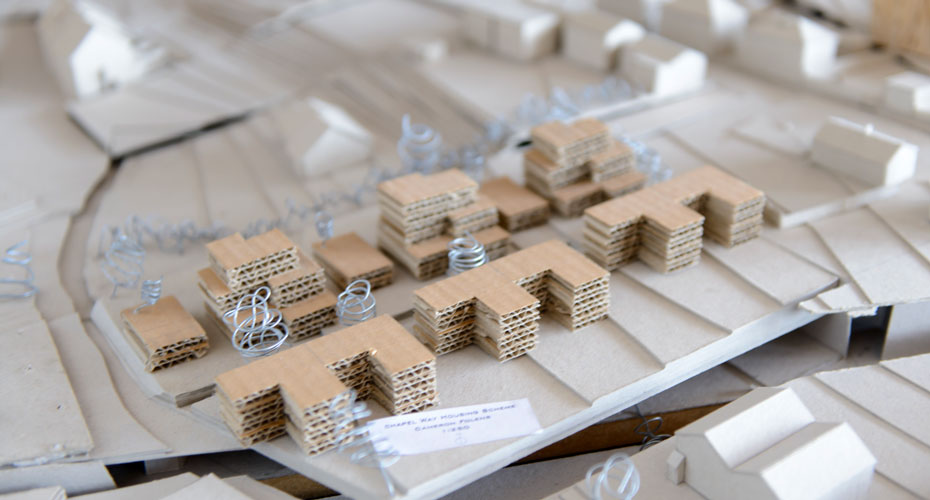This two-year programme fulfils the requirements for the second part of professional education in architecture (RIBA and RIAI Part II exempt). It equips students to deal with complex design problems in challenging contexts.
Through studio projects, academic writing and practical experiments, it develops professional capacities while placing equal emphasis on research and critical enquiry. It situates architecture within a broader field of disciplines and influences.
The programme is led by academics and practitioners at the forefront of the discipline. It encourages students to participate in and lead the development of a vital and critical culture of architecture.
